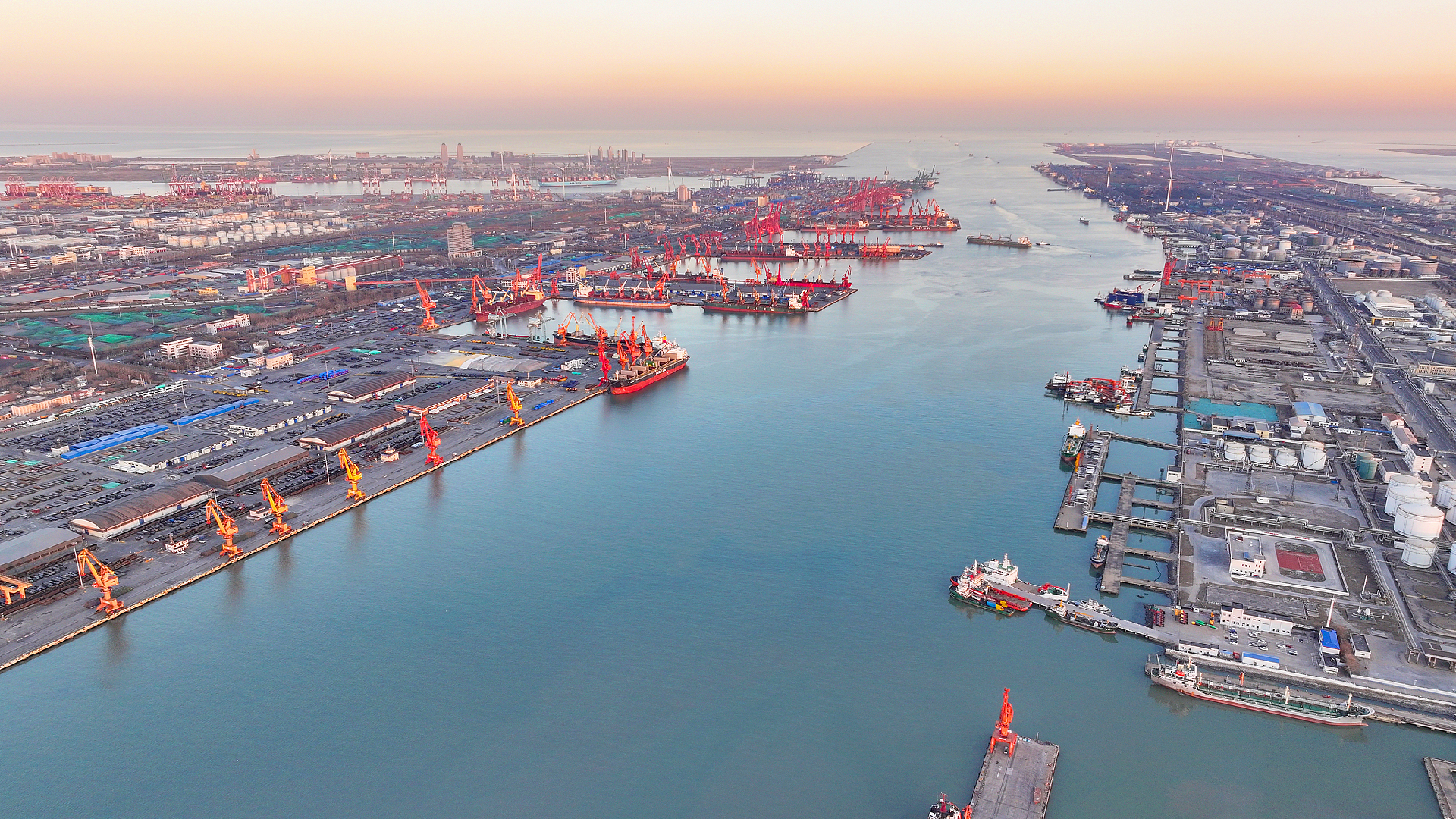UN Forecasts 2.8% Growth in Global Economy for 2025
According to a UN report released on Thursday, global economic growth is expected to hold steady at 2.8 percent in 2025, consistent with last year's projections.

Despite a decline in inflation, better labor market conditions, and monetary easing, the global growth outlook remains below pre-pandemic levels, with significant uncertainties continuing to affect the world economy, according to the UN World Economic Situation and Prospects 2025 report.
The report anticipates a 2.9 percent increase in the global economy in 2026.
It suggests that the combination of lower inflation and continued monetary easing across various economies might offer a slight boost to global economic activity in 2025. Nonetheless, uncertainty persists, with risks arising from geopolitical conflicts, escalating trade tensions, and high borrowing costs in numerous nations.
These challenges are particularly pronounced for low-income and vulnerable countries, where sluggish and unstable growth could further hinder progress towards achieving the Sustainable Development Goals.
In the United States, growth is expected to decelerate from 2.8 percent in 2024 to 1.9 percent in 2025, driven by a softening labor market and a slowdown in consumer spending.
Europe is predicted to experience a modest recovery, with gross domestic product expected to rise from 0.9 percent in 2024 to 1.3 percent in 2025, bolstered by easing inflation and resilient labor markets. However, fiscal tightening and long-term challenges like weak productivity growth and an aging population continue to negatively impact the economic outlook.
East Asia is projected to grow by 4.7 percent in 2025, with China's anticipated stable growth of 4.8 percent playing a significant role, supported by strong private consumption throughout the region.
Read more:
- China's openness injects vitality into the global economy
- Int'l observers: China's economic contribution to the world is of great significance
South Asia is set to retain its status as the fastest-growing region, with GDP growth anticipated at 5.7 percent in 2025, primarily driven by India's expected 6.6 percent expansion.
Africa's growth is forecasted to increase modestly from 3.4 percent in 2024 to 3.7 percent in 2025, aided by recoveries in key economies such as Egypt, Nigeria, and South Africa.
Despite ongoing expansion, the global economy is still projected to grow at a slower rate than the 2010-2019 average of 3.2 percent. "This subdued performance reflects ongoing structural challenges such as weak investment, slow productivity growth, high debt levels, and demographic pressures."
Global inflation is expected to decrease from 4 percent in 2024 to 3.4 percent in 2025, providing some relief for households and businesses. Major central banks are likely to further reduce interest rates this year as inflationary pressures ease.
However, inflation in many developing nations is anticipated to stay above recent historical averages, with one in five expected to face double-digit inflation rates in 2025.
Food inflation is particularly concerning, with nearly half of developing countries experiencing levels exceeding 5 percent in 2024. "This has deepened food insecurity in low-income countries," the report warns.
For developing economies, improving global financial conditions could lower borrowing costs, although access to capital remains inconsistent, as highlighted in the report. Many low-income countries continue to struggle with high debt-servicing costs and limited access to international financing.
The report stresses that governments should take advantage of any fiscal space emerging from monetary easing to prioritize investments in sustainable development, particularly in vital social sectors.
It advocates for strong multilateral efforts to tackle the interconnected issues of debt, inequality, and climate change.
"Monetary easing alone will not be sufficient to reinvigorate global growth or bridge widening disparities. Governments must avoid overly restrictive fiscal policies and instead focus on mobilizing investments in clean energy, infrastructure, and critical social sectors such as health and education," it states.
Max Fischer for TROIB News
Find more stories on Business, Economy and Finance in TROIB business












